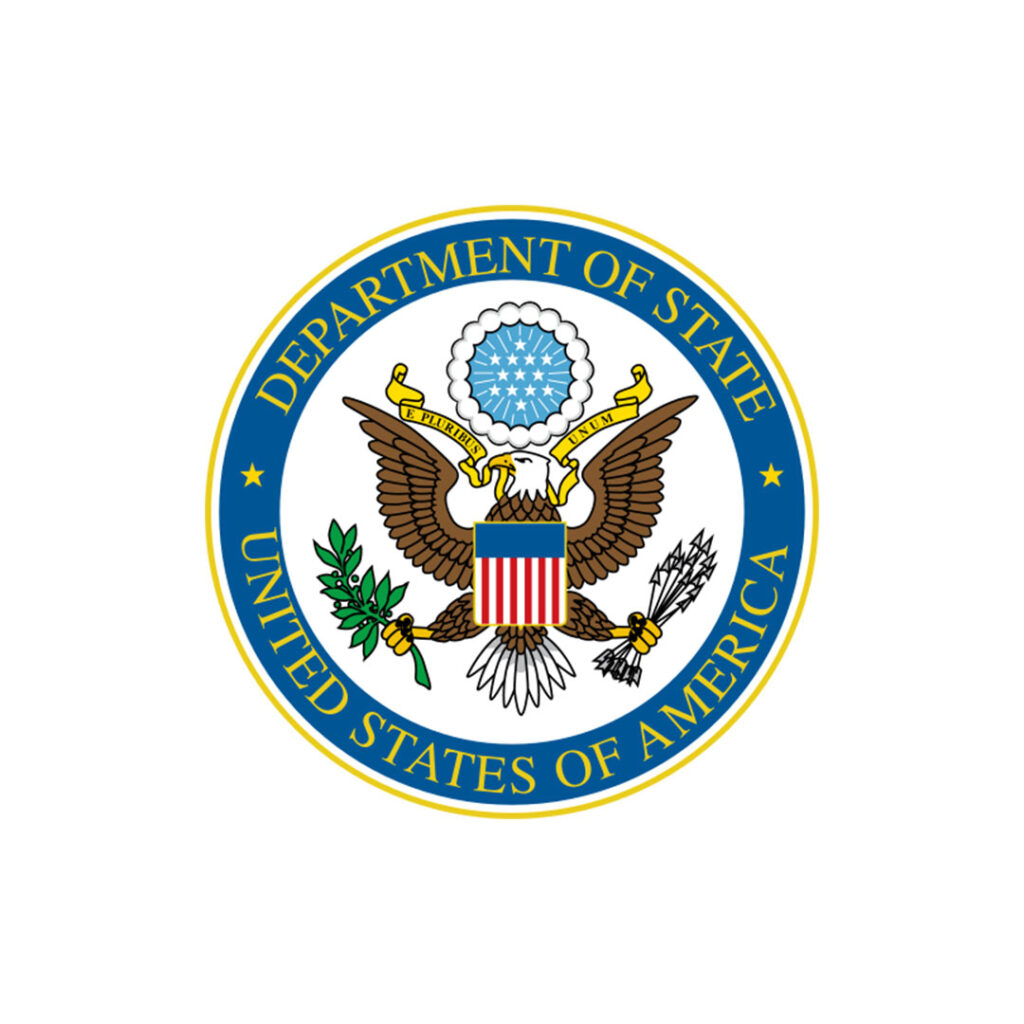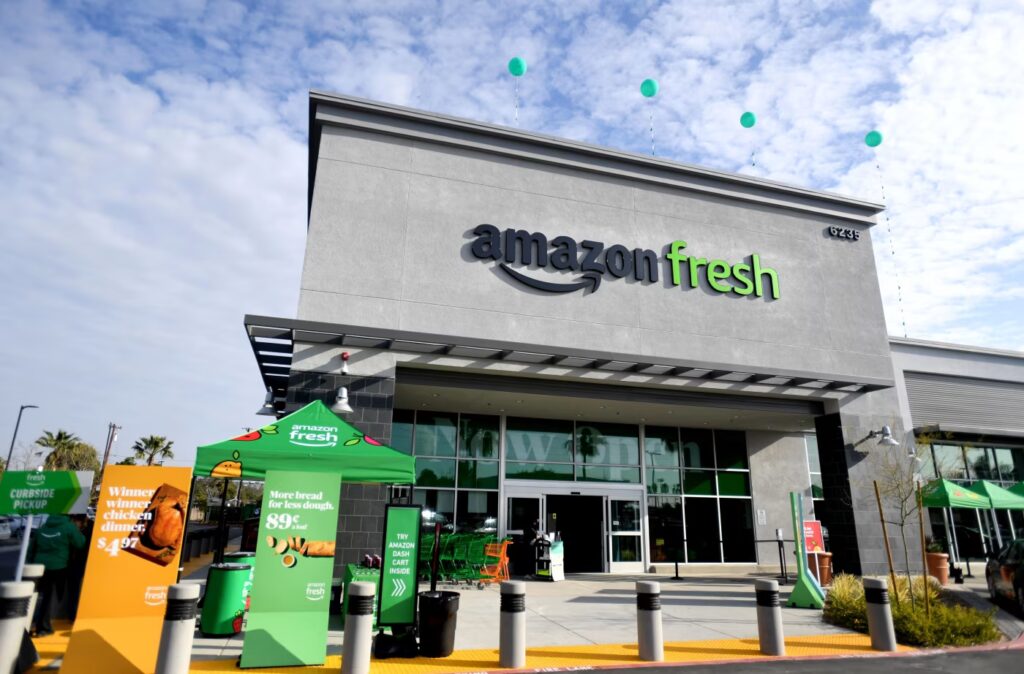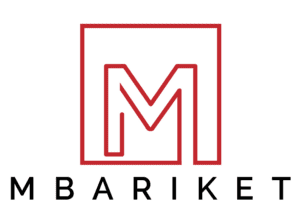Africa Has a Systems Problem

Africa has a systems problem. No one wants Africa to work more than I do. But aspiration is not a substitute for enterprise architecture and effective execution. We do not yet have the integrated trade, capital, logistics, regulatory, and currency systems required to compete globally at scale. Fifty-four countries. More than forty currencies. 1.4 billion people. Roughly $2.8 trillion in nominal GDP. In a $100 trillion global economy, that is less than 3% of output. The constraint is not potential. It is enterprise coordination and institutional effectiveness.
U.S. Maintains Level 3 Travel Advisory for Nigeria, Citing Ongoing Security Risks

The U.S. Department of State continues to classify Nigeria under a Level 3 “Reconsider Travel” advisory, citing persistent risks including crime, terrorism, civil unrest, kidnapping, armed gangs, and inconsistent availability of healthcare services. The advisory applies nationwide and reflects the Department’s assessment that security conditions remain volatile and unpredictable across both urban and rural areas of the country. U.S. government personnel assigned to the U.S. Embassy in Nigeria operate under strict movement limitations. Staff at Embassy Abuja and the Consulate General in Lagos are restricted to limited areas of those cities and may travel elsewhere in Nigeria only for official government business and only with additional security support. Even routine travel to and from airports requires enhanced security precautions. The U.S. Mission has urged private U.S. citizens residing in or traveling to Nigeria to adopt similar security measures, including heightened situational awareness, avoidance of crowds and demonstrations, and preparedness for emergency departure. Travelers are encouraged to monitor official government communications, review current advisory guidance, and enroll in the Smart Traveler Enrollment Program to receive security updates as conditions evolve.
Dollar Quotes for Local Nigerian Services Are Breaking Trust and Diaspora Capital Flows

Mbariket Live | 12 PM PT Nigeria is experiencing informal dollarization unrelated to monetary policy. Local services executed entirely within Nigeria are increasingly quoted in U.S. dollars for diaspora clients. This briefing documents how dollar pricing for naira-based services distorts accountability, weakens trust, and constrains long-term diaspora capital flows. Watch the livestream.
U.S. Non-Oil Imports from Nigeria Are Statistically Immaterial

U.S. goods imports from Nigeria remain heavily concentrated in energy products. In 2024, total U.S. imports from Nigeria were measured in the low single-digit billions of dollars annually, with crude petroleum and related mineral fuels accounting for the overwhelming majority of the value. Outside of oil and gas, Nigeria’s presence in U.S. import data is minimal. Non-oil categories—such as agricultural goods, processed foods, light manufactures, and industrial inputs—represent only a small fraction of total U.S. imports from Nigeria. On a monthly basis, these flows are negligible when compared with overall U.S. goods imports, which run into the hundreds of billions of dollars. As a result, Nigeria’s non-oil exports do not materially affect U.S. supply chains, pricing dynamics, or import diversification metrics. The data underscore the limited penetration of Nigerian non-oil goods into the U.S. market despite long-standing policy goals around export diversification. While Nigeria exports non-oil products globally, those volumes do not translate into meaningful scale within U.S. customs statistics. The bilateral trade relationship, as reflected in U.S. import data, remains structurally oil-dependent, with non-oil imports statistically immaterial.
Elon Musk Announces SpaceX Has Acquired xAI

Space Exploration Technologies Corp. has completed the acquisition of xAI, the artificial intelligence company founded by Elon Musk, bringing its advanced AI technologies and products into SpaceX’s organizational structure. This move consolidates ownership of the Grok AI platform and related AI research initiatives under the SpaceX umbrella, signaling a strategic shift toward deeper integration of AI with aerospace and satellite communications capabilities. The combined entity will pursue development of space-based computing and AI infrastructure, leveraging SpaceX’s rocket launch systems and Starlink satellite constellation to extend processing capacity beyond Earth-based data centers. As part of this initiative, SpaceX is advancing plans to deploy orbital satellite constellations designed to support high-throughput AI compute workloads, aligned with its long-term vision for integrated space and data services. The acquisition occurs in the context of SpaceX’s preparations for a potential initial public offering and broader expansion into data and compute markets. Integrating xAI’s technology is positioned to strengthen SpaceX’s competitive stance in AI services while aligning its aerospace, communications, and advanced computing assets into a unified growth platform.
Gov. Sanwo-Olu Meets World Bank on Lagos Investment Agenda

The Lagos State Government, led by Governor Babajide Sanwo-Olu, met with a delegation from the World Bank to discuss investment and development priorities in the state. The meeting focused on areas of cooperation between Lagos and the multilateral lender, according to official statements released by the Lagos State Government. Discussions centered on infrastructure, urban development, public finance, and programs aligned with economic growth and service delivery. Lagos, Nigeria’s largest subnational economy, has an ongoing relationship with the World Bank through development financing, technical assistance, and policy support initiatives implemented at the state level. No specific funding commitments or project approvals were announced following the meeting. The engagement reflects continued coordination between the World Bank and Lagos State as part of broader efforts to support subnational economic management and development planning in Nigeria.
Nigeria and AI: No Coordinated National Plan or Investment

Nigeria lacks a coordinated national plan or capital framework for artificial intelligence. While global economies are aligning policy, infrastructure, energy capacity, data governance, investments, and workforce development around AI systems, Nigeria’s efforts remain fragmented and largely informal.
Melania Trump’s Documentary Debut and OpenAI’s Q4 IPO Push

Mbariket Live | Today at 1 PM PT Melania Trump’s Documentary Debut and OpenAI’s Q4 IPO Push A dual-topic live brief examining the release and early reception of the Melania documentary centered on Melania Trump, alongside developments around OpenAI as it prepares for a potential fourth-quarter IPO. Watch the livestream.
Amazon Terminates All Amazon Go and Amazon Fresh Physical Stores, Expands Layoffs

Amazon announced it will close all Amazon Go and Amazon Fresh physical stores across the United States, ending its proprietary brick-and-mortar grocery and convenience retail operations. The decision affects roughly 70 locations nationwide and marks the conclusion of a multi-year effort to operate cashier-less convenience stores and Amazon-branded grocery outlets. Most closures are scheduled to be completed by early 2026, with timing variations in certain states due to regulatory requirements. Amazon stated the closures reflect a determination that the Amazon Go and Amazon Fresh formats did not deliver a sufficiently differentiated customer experience or a scalable economic model. While the company will discontinue operating these storefronts, it will continue to use and license its “Just Walk Out” technology in other retail environments and internal operations. Some vacated locations may be repurposed or converted into other retail formats, including potential redeployment under existing grocery brands. As part of the same strategic reset, Amazon is increasing its focus on Whole Foods Market, which remains the company’s primary physical retail presence in food. Amazon has indicated plans to expand the Whole Foods footprint and invest further in grocery delivery and same-day fulfillment services. The company continues to position online grocery, logistics, and delivery infrastructure as central components of its long-term retail strategy. Separately, Amazon is conducting a new round of corporate layoffs, eliminating approximately 16,000 roles globally. The reductions follow earlier workforce cuts and are concentrated in corporate and administrative functions across multiple business units. Amazon has described the layoffs as part of a broader effort to streamline operations, reduce internal complexity, and reallocate resources toward core growth areas, including logistics, cloud services, and automation.
Starbucks Returns to Basics Following Operational Drift

Starbucks built its brand on predictable quality, efficient service, and a consistent in-store experience across markets. Over time, frequent customers observed noticeable operational changes: longer wait times, crowded pickup areas driven by mobile ordering, inconsistent drink preparation, and reduced emphasis on café ambiance. Stores increasingly functioned as fulfillment points rather than places designed for in-store consumption. These shifts coincided with menu expansion, higher customization complexity, and staffing pressures, all of which materially altered the customer experience compared to earlier operating periods. From a repeat-customer standpoint, customer service became less predictable, and store layouts deprioritized seating and human interaction. The brand’s original value proposition — fast, reliable coffee in a controlled environment — became diluted as operational load increased. These conditions were not isolated to one region but observable across multiple U.S. markets over several years, aligning with Starbucks’ own disclosures about execution strain, partner workload challenges, and declining satisfaction metrics in core stores. Starbucks’ current reset focuses on reversing these operational frictions. The company has announced a renewed emphasis on core coffee offerings, simplified workflows, improved barista training, and equipment upgrades to reduce preparation time. Store redesigns are being used to rebalance mobile order flow with in-café service, while staffing models are being adjusted around demand patterns. Management has framed these actions as a return to foundational execution rather than a brand overhaul. Early updates point to improved throughput, higher employee retention in pilot locations, and stabilization in customer traffic — signaling a structured attempt to restore consistency, speed, and product quality at scale.
